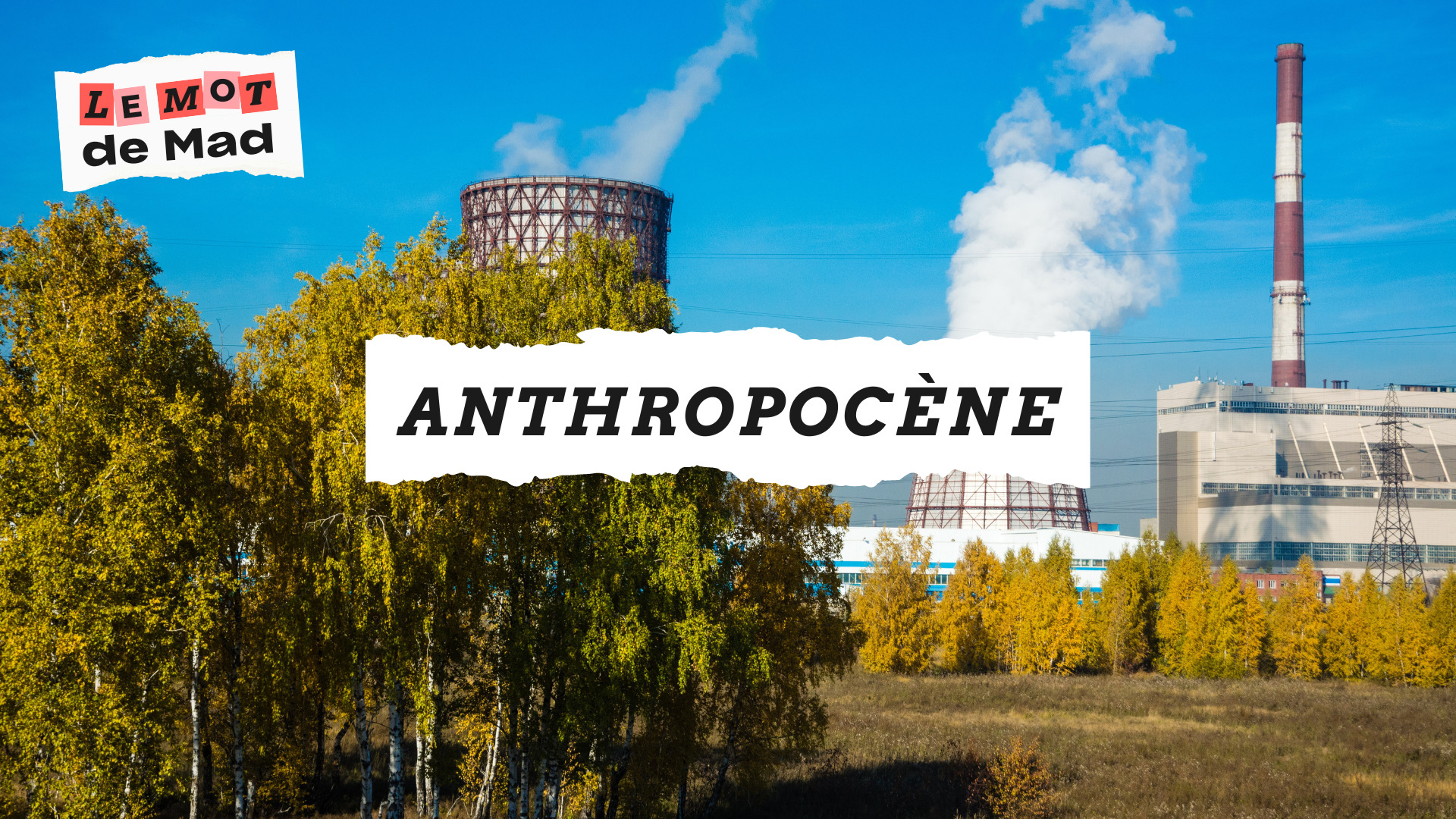On Tuesday, July 11, a group of scientists designated Lake Crawford, Canada, as a world reference site for the start of the Anthropocene.
How did they do it? After studying the layered sediments at the bottom of this small body of water, they concluded that this was the best evidence. that a new chapter in the history of the Earth has opened, (…) characterized by the impact of humanity on the Earth “, detail our colleagues of 20 minutes.
The entry into this new geological era is not officially recognized: the working group has yet to obtain official approval from the International Commission on Stratigraphy (ICS), which is the only authority authorized to determine the subdivision of geological eras.
What does the Anthropocene mean and what does it reveal about the human impact on our ecosystems? Lighting.
What is the Anthropocene?
Microplastics, traces of nuclear tests, ashes from the combustion of oil and coal… Our human activities leave indelible marks on our soils and ecosystems.
The Anthropocene (from the Greek anthropos », human) corresponds to a geological era marked precisely by this human imprint, the magnitude of which has changed – including, jeopardizing – the environment on a global scale. So much so that the anthropic impact rivals that of certain great forces of nature. :
For these scientists we started from the Holocene, that is the temperate period which began 12,000 years ago, at the end of the last glaciation and which allowed the development of the human species. Why has there been a breakdown: certain environmental and climatic balances have broken under the influence of human activities and under the influence of greenhouse gas emissions of course, but also under the influence of certain plastic, chemical, nuclear pollutions, which they will mark the earth for several millennia, as well as the pressures on natural resources and biodiversity.
FranceInfo, “Anthropocene: have we entered a new chapter in the history of the Earth? », July 12, 2023
We owe this term to meteorologist and atmospheric chemist Paul Josef Crutzen, Nobel Prize for Chemistry in 1995, and to the work of biologist Eugene Stoermer. According to these two scientists, the Anthropocene began in the late 18th century with the Industrial Revolution.
Why was Crawford Lake designated as the birthplace of the Anthropocene?
Despite its small area (one square kilometre), Crawford Lake was chosen because it contains many emblematic traces of human activity.
As explained to our colleagues at Reporterre Andrew Cundy, Professor of Environmental Radiochemistry at the University of Southampton and member of the research team, 12 candidate sites were examined.
Among the sediments found were in particular “pollen concentrations that testify to the evolution of vegetation and sudden changes in temperature, and even the fallout from explosions linked to nuclear tests reveals France Info.
These radioactive fallouts would be proof of this change of era:
International Commission on Stratigraphy (ICU) rules, however, require the identification of a synchronous “primary marker” to mark period change that is detectable in geological records nearly everywhere on the planet. For the Anthropocene, plutonium released from hydrogen bomb tests provides this “global footprint”. »
20 minutes. “Crawford Lake in Canada Designated as Anthropocene Reference, Still Not Formalized,” July 11, 2023
Significant is in fact the presence of plutonium in the soils of Lake Crawford, very rare in nature. In any case, this is what Professor Cundy claims, recalling that his ” the global start date, 1952, closely matches the Anthropocene start date in the mid-20th centuryAnd century “.
What would this change of geological era mean?
As Professor Cundy simply summarizes to Media Reporterre, “ it would highlight our overall impact on the planet “.
An impact that some try hard to deny, despite the tangible disasters that are multiplying: the Canadian wildfires of recent years, heat waves, biodiversity loss, drought, floods, soil and ocean pollution. .. To name but a few.
The Anthropocene has ecological and scientific relevance, agrees Professor Cundy: This would show that the imprint of our activities is found in recent terrestrial materials that accumulate from the poles to the tropics. It would also show that we had sufficient global impact to change the nature of Earth’s rock record, detectable on a global scale today, and possibly in the future as well.. »
Do you like our articles? You will love our newsletters! Sign up for free on this page.
Source: Madmoizelle
Mary Crossley is an author at “The Fashion Vibes”. She is a seasoned journalist who is dedicated to delivering the latest news to her readers. With a keen sense of what’s important, Mary covers a wide range of topics, from politics to lifestyle and everything in between.





